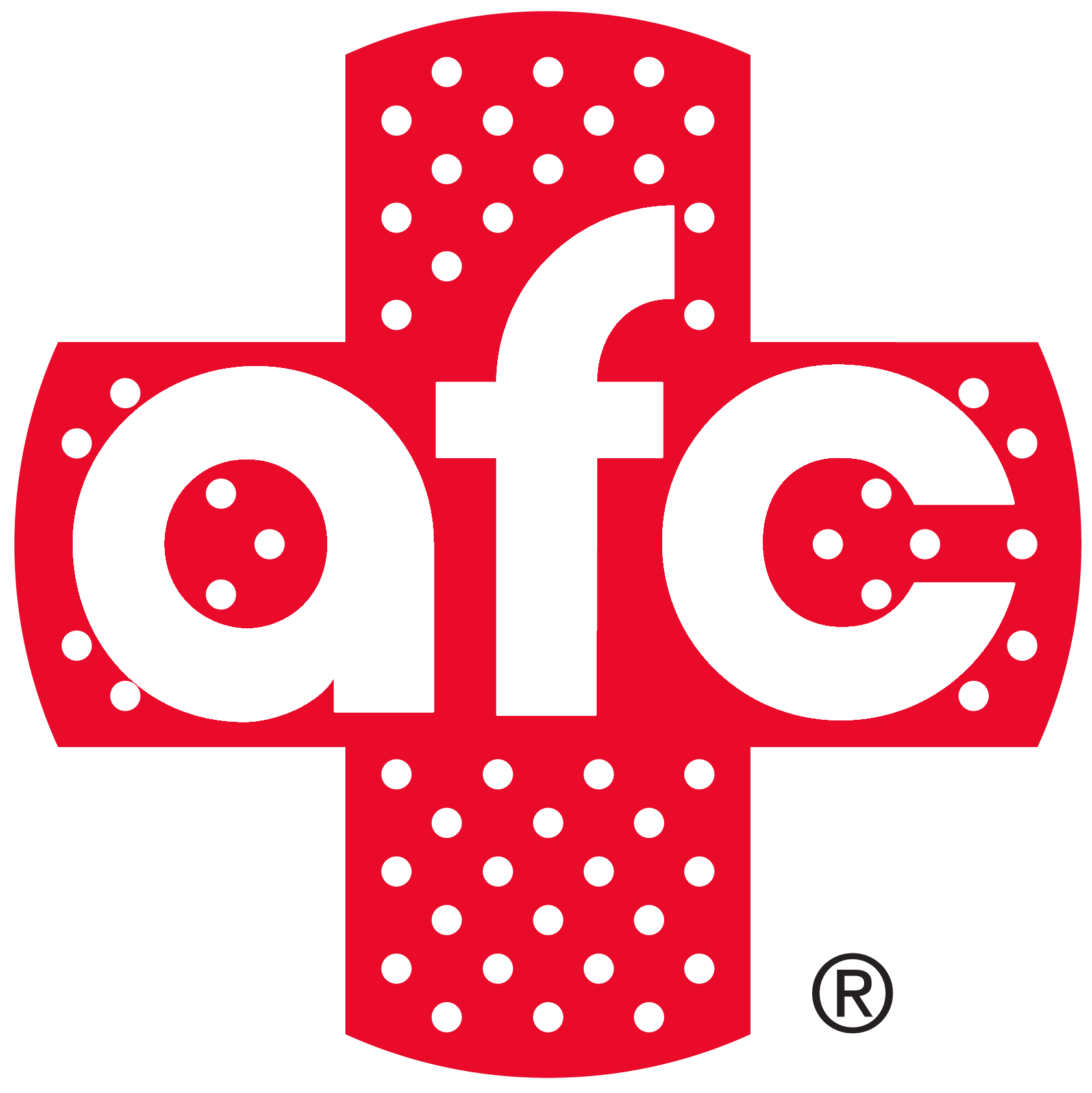Click HERE to pre-register and expedite check-in process
AFC West Chester
Poison Ivy
CALL US TODAY | (484) 999-0204
No appointments necessary - come to us and get seen much faster than the ER.
Register OnlineFind The Location Nearest Covid-19 Testing
We think you’re located in zip code 19380. Not Right?
Poison Ivy & Other Plants to Avoid This Summer
Plants can do wonders to brighten up the landscape both in nature and at home, but some plants can be hazardous. If you have come into contact with a poisonous plant, including poison ivy, consult with one of our board-certified providers at AFC Urgent Care West Chester.
The big three when it comes to poisonous plants are poison ivy, poison oak, and poison sumac. These three plants contain similar chemicals that make them very unpleasant and even dangerous to come in contact with when outside. These plants include the chemical known as urushiol. It is important to remember that the rash caused by this chemical is not contagious. However, if the oil from the plants gets on your hands and clothes, it can spread the rash until that oil is removed. It is very easy to spread this oil and the rash to other parts of your body or other people before you have realized you have touched a dangerous plant.
Poison Ivy is generally found as a shrub or vine growing close to the ground. It is just as prevalent in urban and city areas as it is in rural and suburban areas. It can be found throughout the lower 48 states except in deserts. The leaves of poison ivy are arranged in groups of three and can have small flowers or light-colored berries. If you remember the old phrase, “Leaves of three, leave them be, " you can avoid this poisonous plant.
Poison Oak has a similar appearance to poison ivy. However, a poison oak’s leaves will have smooth, curved edges. It is similar appearance to an actual oak tree lends its name to this plant.
Poison Sumac is the hardest to pick out of the three plants. It looks like a shrub or a small tree and easily blends into the background in nature. Each branch of this plant will have 13 leaves, most of which are arranged in pairs. Fortunately, poison sumac is most likely to be found in only very wet areas, like riverbanks. Unfortunately, this plant causes the most severe rash compared to poison ivy or poison oak.
If you come into contact with any one of these plants, you can expect to develop a rash, and in some cases, fever, blisters, and swelling. In severe cases and those who are especially allergic to a plant, someone may develop an anaphylactic reaction. If this occurs, you should immediately seek medical care. Those most at risk for coming in contact with these poison plants are those who work outside. These people tend to be farmers, construction workers, groundskeepers, and avid hikers. Those whose work involves touching or moving plants or debris are also at high risk. If untreated, a rash tends to heal on its own in one to three weeks, depending on its severity. Generally, a provider can prescribe a topical steroid to treat a severe rash. After a person has rinsed the poisonous resin from their skin and clothes, this rash cannot spread.
If you spend time outdoors, experts suggest you wear protective clothing to cover your skin. You should avoid touching plants you do not immediately recognize. Following these two guidelines will go a long way toward preventing contact with any number of poisonous plants. If you discover poisonous plants at home or work, experts suggest using pesticides to remove them. You should avoid pulling them up and should never burn these plants. The burning of poisonous plants can cause the rash-causing chemical urushiol to become airborne particles. These particles can be inhaled and cause a severe reaction.
If you aren’t sure if you have come into contact with a poisonous plant, visit AFC Urgent Care West Chester today for an examination and, if needed, treatment. No appointment is required! We can show you how to protect yourself and your family from these dangerous plants.
Some Of Our Most Popular Services:

 How Can We Help?
How Can We Help?
- PATIENT SERVICES
- COVID-19 SERVICES
- TELECARE
- EMPLOYER RESOURCES
- PATIENT RESOURCES
- ABOUT US
AFC Urgent Care FAQs
-
Is there a medication or shot I can take to get rid of Poison Ivy?
There are treatments and medications that ease the discomfort of poison ivy and help resolve the condition.
-
How do I know if a rash is from poison ivy or something else?
A medical professional can evaluate your rash, diagnose, and prescribe treatment best suited for your condition.

Don't wait to get the medical attention you need.
CALL US TODAY | (484) 999-0204


